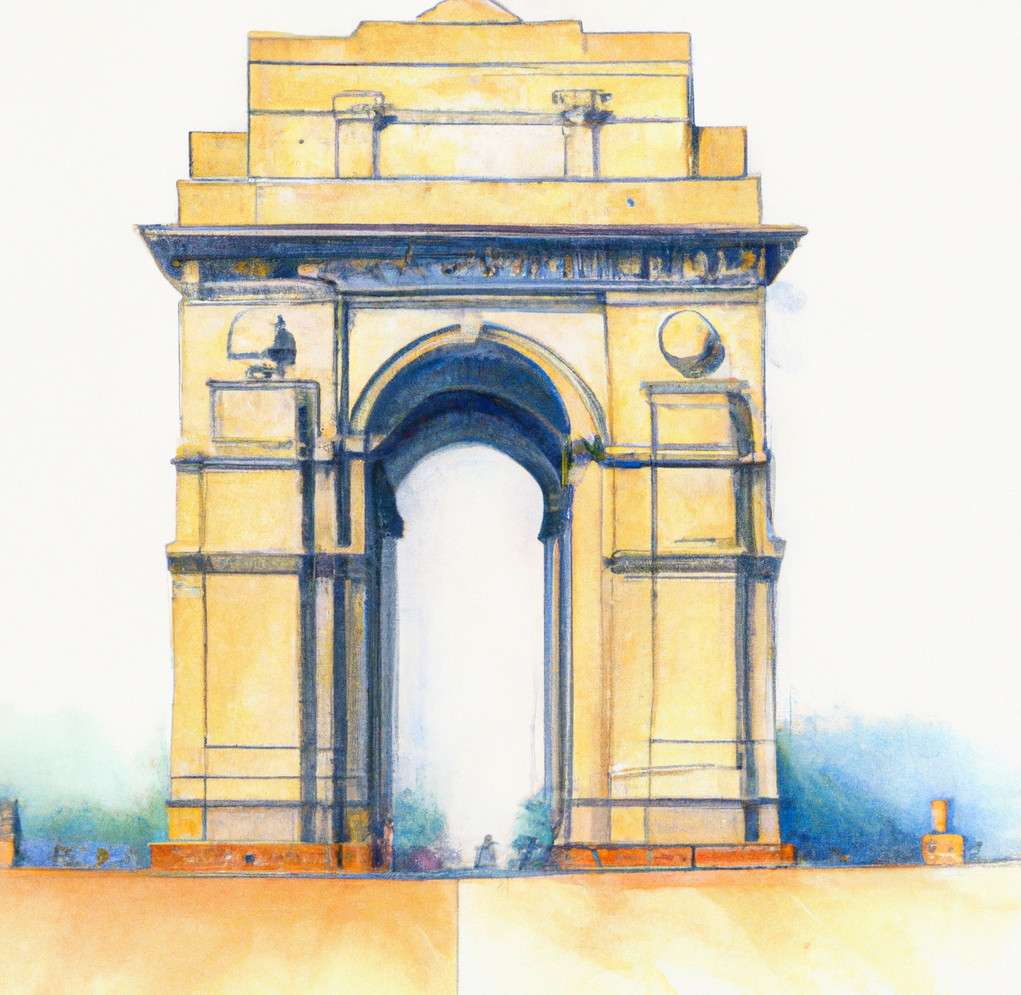Hindi is a widely spoken language in India and around the world. It is the official language of India and is spoken by millions of people as their first language. However, the question of whether Hindi is the oldest language is a topic of debate among linguists and historians.
Hindi is part of the Indo-Aryan language family, which also includes languages such as Bengali, Punjabi, and Marathi. The roots of these languages can be traced back to the ancient Sanskrit language, which is considered the mother of many Indian languages. Sanskrit is one of the oldest languages in the world, with a written history dating back to the 2nd millennium BCE.
Hindi, on the other hand, evolved from the Prakrit languages, which were spoken in ancient India between the 3rd century BCE and the 4th century CE. The earliest form of Hindi, known as Vedic Sanskrit, was used in religious texts such as the Vedas and the Upanishads. Over time, this language evolved into what is now known as Modern Standard Hindi.
While Hindi has a rich history and is an important language in India, it is not the oldest language in the world. Other languages, such as Tamil and Chinese, have been spoken for thousands of years and have a rich cultural and linguistic heritage.
Tamil, for example, is one of the oldest languages in the world, with a history dating back over 2,000 years. It is spoken by over 70 million people worldwide and has a rich literary tradition, with ancient texts dating back to the 3rd century BCE.
Chinese, on the other hand, is one of the most widely spoken languages in the world, with over 1 billion speakers. It has a written history dating back over 4,000 years, with ancient texts such as the Book of Changes and the Tao Te Ching.
In conclusion, while Hindi is an important language with a rich history, it is not the oldest language in the world. Sanskrit, Tamil, and Chinese are just a few examples of languages that have been spoken for thousands of years and have a rich cultural and linguistic heritage. Understanding the history and evolution of languages is important for preserving cultural traditions and promoting linguistic diversity.
